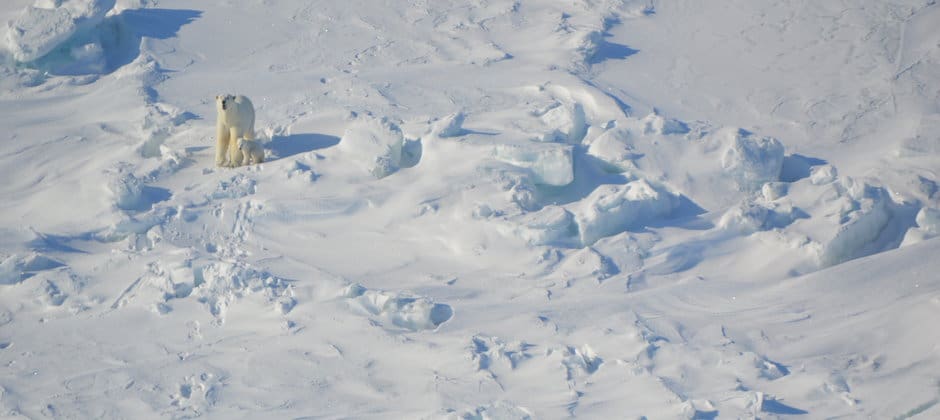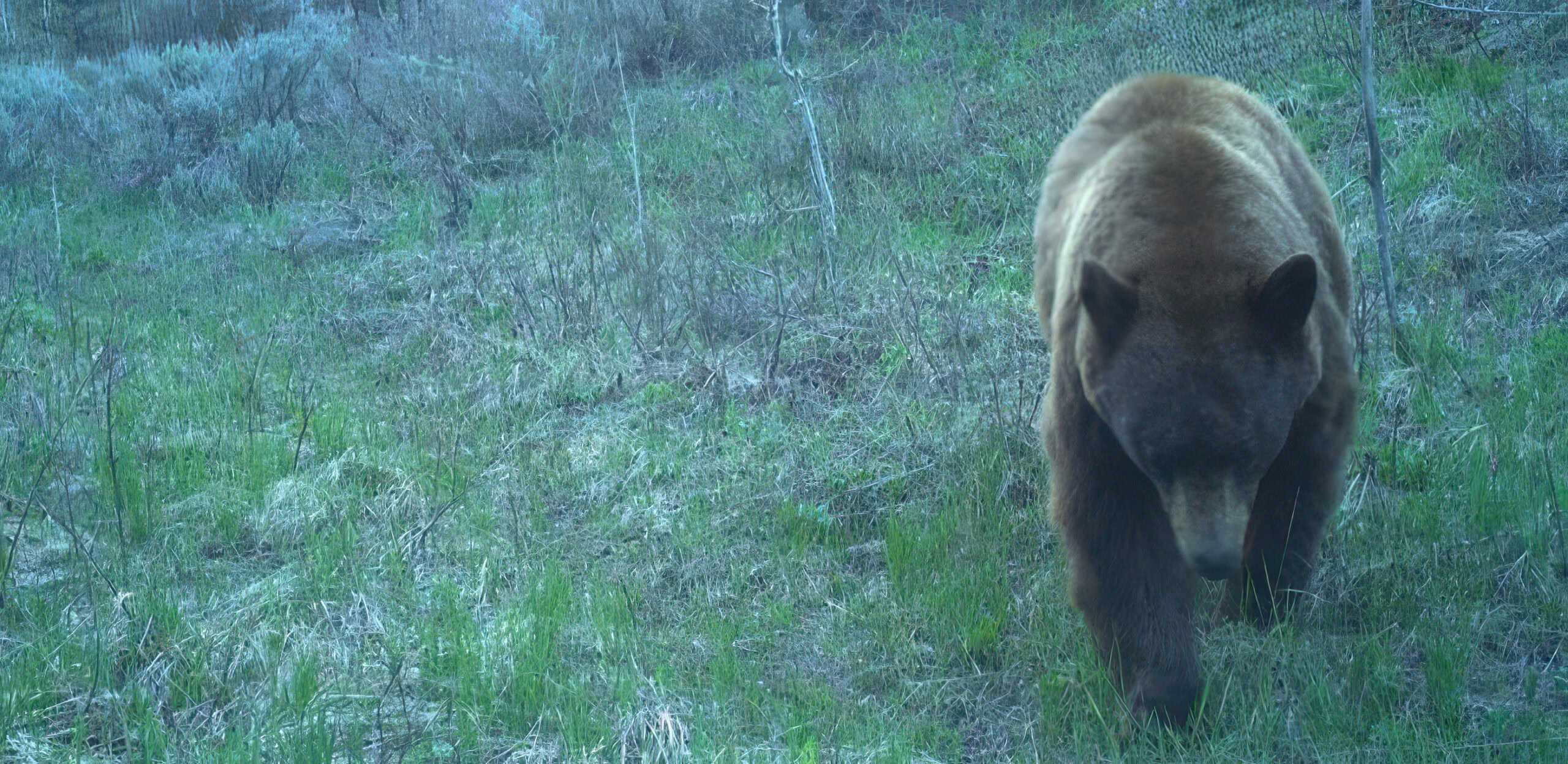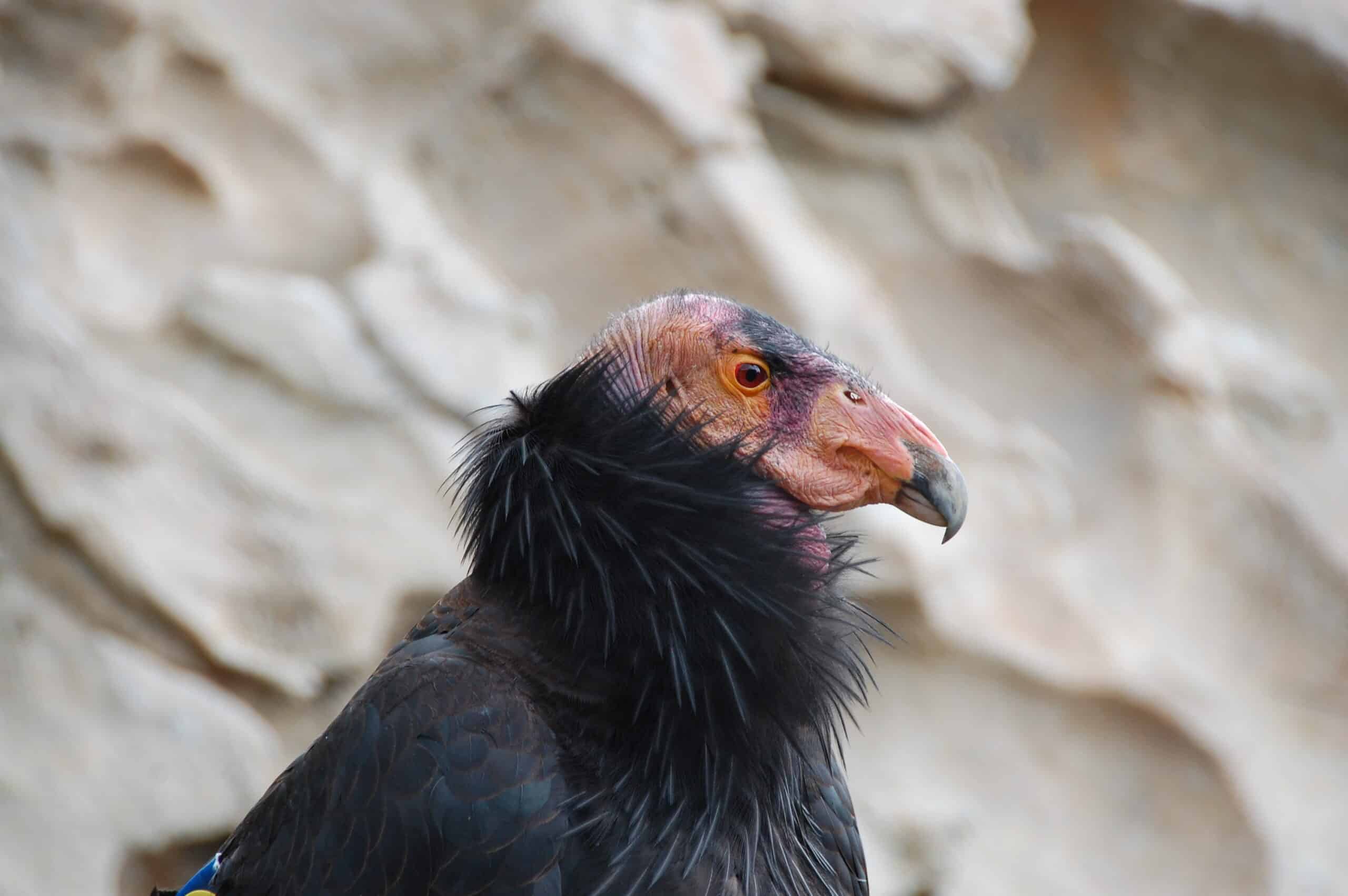Share this article
TWS says seeking comment on ANWR study ‘politicizes science’
The Wildlife Society is criticizing a decision by the U.S. Fish and Wildlife Service to seek public comment on a study from one of its journals on oil exploration and polar bears in the Arctic National Wildlife Refuge in Alaska. The unusual move to offer up a scientific paper to public comment “politicizes science” and “undermines the credibility and importance” of the scientific process, TWS says.
The study, published in TWS’ Journal of Wildlife Management, looks at possible effects that seismic surveys used in oil and gas exploration could have on polar bears (Ursus maritimus)
“Public comment on a peer-reviewed manuscript merely blurs the line between sound science and opinion, which could undermine the credible basis upon which complex or controversial resource management decisions are made,” TWS wrote.
On Feb. 18, the USFWS announced in the Federal Register that it was seeking comments “on the value of the model and the associated methodology” in the paper and would hold webinars to offer an overview. TWS responded with a four-page comment opposing the decision.
“It’s trying to discredit science,” said TWS President Gary White. “You’re going to get a whole bunch of public comment on an article saying, ‘Well, we don’t believe it.’ And those people have no basis to evaluate the methods.”
The highly technical paper had been peer-reviewed under two processes — the U.S. Geological Survey’s internal Fundamental Science Practices and JWM’s anonymous review. Peer review is the traditional way to evaluate scientific papers, White said. “You don’t assess the ‘value’ of a scientific article on whether the public likes it,” he said.
The USFWS move is a rare one — White said he is unaware of any other peer-reviewed study put out for public comment — and it prompted a response from TWS. A nonpartisan, nonprofit membership organization of wildlife professionals, TWS advocates for the use of sound science in wildlife policy, and its members span the political spectrum.
“I think it’s politicization of science,” said TWS Director of Operations Cameron Kovach. “There’s no way around that. Opening up a peer-reviewed manuscript can politicize science. I believe this is an example.”
The USFWS has said the comment period was a way to receive feedback about how the model could be applied in the field. But critics, including Defenders of Wildlife and the Union of Concerned Scientists, have questioned the decision.
Joel Clement, senior fellow with the Center for Science and Democracy at the Union of Concerned Scientists, called it a “blatant attack on scientific integrity.”
“The only plausible reason for the agency to seek public comment on the study would be to give agency leadership something to point to, on behalf of fossil fuel interests, if they don’t like the scientific results,” he wrote on a UCS blog.
The study, “Seismic Survey Design and Effects on Maternal Polar Bear Dens,” was authored by TWS members Ryan Wilson, a USFWS wildlife biologist in Alaska, and George Durner, a research zoologist with the U.S. Geological Survey’s Alaska Science Center. Published last December, it laid out ways to reduce impacts on polar bears from the seismic surveys that energy companies use to locate Arctic oil and gas resources. Those surveys can disturb female polar bears as they den and decrease cubs’ survival.
With the potential of oil exploration on the coastal plain of the Arctic National Wildlife Refuge — an important polar bear denning area that was long off limits to energy development — the authors looked at how various survey designs could affect denning. Careful planning could reduce den disturbance by over 90%, they found, by running two years of seismic surveys and delaying the start of each operation until bears emerged from their dens.
“The density of denning in this area is the highest of any area in Alaska for this polar bear population,” Wilson told TWS in March.
While the paper offers a roadmap for industry to operate in the refuge, the extended surveying could slow down drilling. Federal policy calls for two lease sales by Dec. 22, 2024. That delay could lead to opposition from people seeking to expedite drilling, White said.
“I would expect a whole lot of people in Alaska, particularly the oil industry, putting comments out there,” he said.
Header Image: A polar bear with its cub in Alaska’s North Slope. Courtesy of Ryan Wilson








